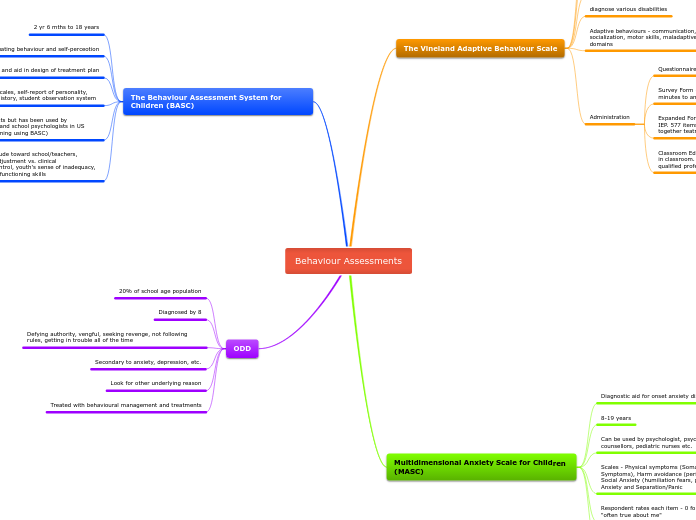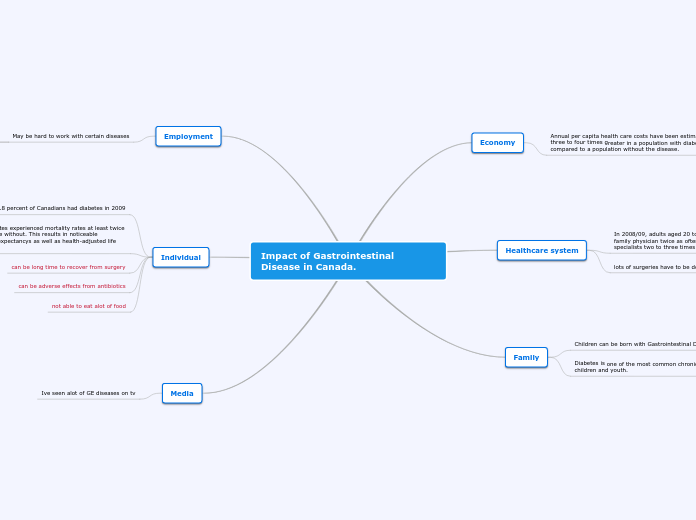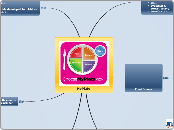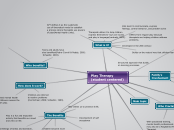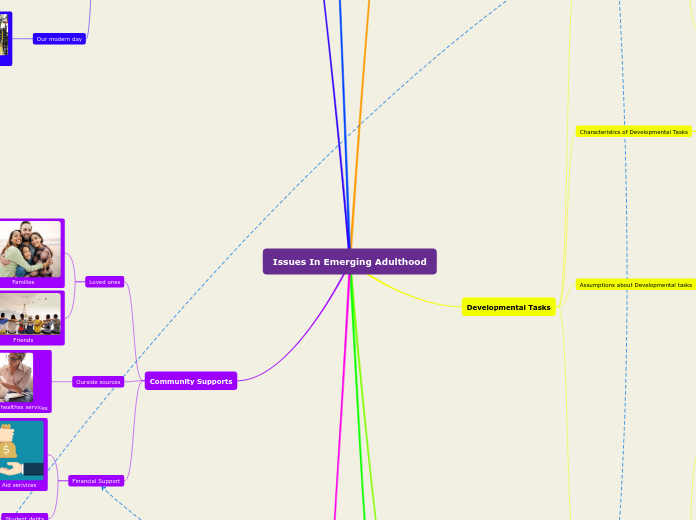von Veronica Wright Vor 5 Jahren
195
Behaviour Assessments
Several tools are used to assess and diagnose behavioral and anxiety issues in children and adolescents. The Multidimensional Anxiety Scale for Children (MASC) evaluates physical, social, and separation anxiety symptoms, providing a quick and efficient assessment for professionals like psychologists and teachers.
